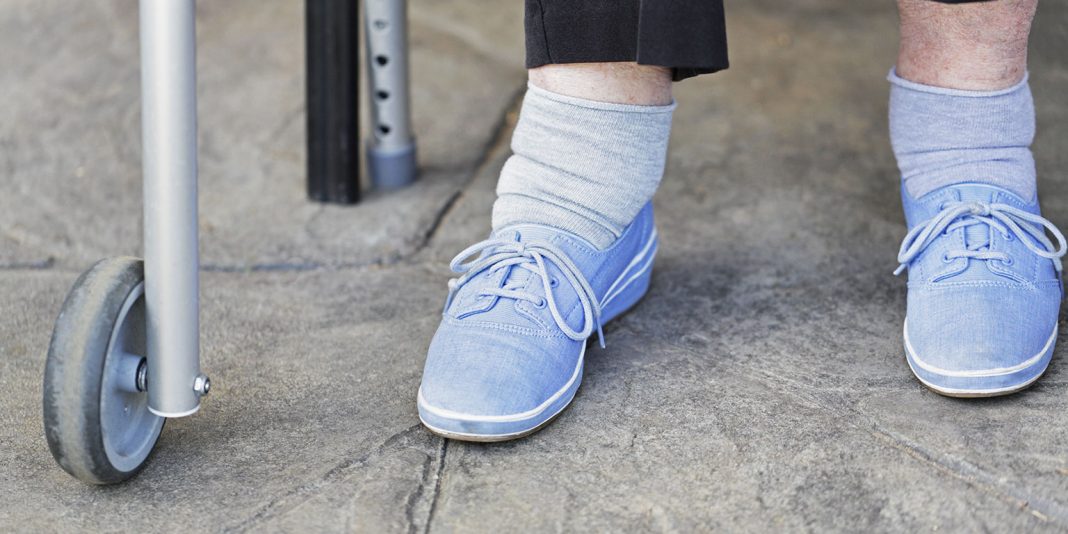A report released by the Health and Disability Commissioner Anthony Hill found the DHB and two of its nurses – a district nurse and a clinical nurse specialist in wound care – were in breach of the Code of Health and Disability Services Consumers’ Rights for their dealings with the case.
Hill was very critical of system failures at the DHB that resulted in three referrals made in three weeks being triaged in isolation with the individual doctors involved in triaging the woman’s referrals not having access to all relevant information, including recent referral history and previous referral documentation.
Hill was critical that the clinical nurse specialist failed to follow up her referral for the patient to undergo urgent vascular assessment and to escalate the woman’s care to her GP or the hospital. Mr Hill was also critical of the district nurse who most regularly saw the patient for failing to document objective measures of pain adequately and failing to refer the woman to a GP or a specialist when the woman’s condition deteriorated.
At the time of the events in March-April 2015 the patient was 80 years old and was living at home with weekly home help and the support of her daughter. She had multiple co-morbidities including type 2 diabetes, COPD, hyperlipidaemia, hypertension, spinal stenosis, and polymyalgia rheumatic.
In March 2015 she fell out bed and injured her right foot and first visited her GP in March 2015.
She was referred to Whanganui Hospital for an assessment by her GP, however an orthopaedic surgeon at the hospital was unable to read the referral.The surgeon therefore did not triage the referral and the woman went back to her GP, who referred her on to a podiatrist for an urgent assessment.
The podiatrist, who specialised in diabetes foot care, examined the patient and referred her on to the district nursing service for care and dressing of the ulcer wound. Several days later he also made a referral to the hospital surgical team saying the woman had arterial insufficiency and the patient would benefit from further investigations. The surgical consultant at the hospital triaged the referral as semi-urgent.
District nurses who visited the woman during March and April noted the wound was very painful. The nurses called in a DHB clinical nurse specialist in wound care to assess the wound and noted the patient had a ‘stinging burning pain in her right foot’. The specialist noted that the right foot was purplish in colour when elevated, there was oedema, no palpable pulse and a further doppler investigation revealed no audible sounds on the injured right foot. There was also a blackened toe and a pressure injury on her left buttock.
The nurse specialist said she came in on her day off to complete a referral to the public hospital for an urgent vascular assessment. However the consultant at the hospital was not made aware of the multiple other referrals and he triaged the third referral as “semi-urgent” and the relevant appointment was made for May.
A nurse fast-tracked this to the next month, but with continued visits failed to assess pain and escalate care.
When the patient showed for the vascular appointment at the end of May she was diagnosed with critical limb ischaemia – a severe obstruction of the arteries which reduces blood flow to hands, feet and legs and can cause ulcers or sores.
She was admitted to hospital and despite several limb salvaging procedures she required right below knee amputation in may and died following post-operative complications.
The investigation and Hill’s report into the inquiry was prompted by a complaint from the patient’s son.
Following the report’s findings it was recommended the DHB promptly provide updates of a new “clinical portal” system as well as create and implement a training system programme for district nurses on pain management.
Hill also recommended the DHB and one of its nurses provided a written apology to the patient’s family for failings identified in the report.
“The apologies are to be sent to HDC within three weeks of the date of this report, for forwarding to Mrs B’s family. RN D has already provided an apology,” Hill wrote.
Whanganui District Health Board’s director of nursing Sandy Blake said hospital staff were taking all of the recommendations listed in Anthony Hill’s report, on board.
The Health Board had fully implemented clinical portal – an IT system into which nurses wrote patient notes.
“This system allows health professionals to track the patient journey and allows all clinicians to see the same notes,” Blake said.
Nursing staff had undergone training and an auditing system would measure compliance.
Blake said the nurses whose practise was deemed to be unsatisfactory, were being managed through the DHB’s performance management process.
The investigation and Hill’s report into the inquiry was prompted by a complaint from the patient’s son.
Source: Wanganui Chronicle plus additional reporting by Nursing Review
The full HDC report can be read here
NB article updated on March 16 to include Whanganui DHB comment.



















